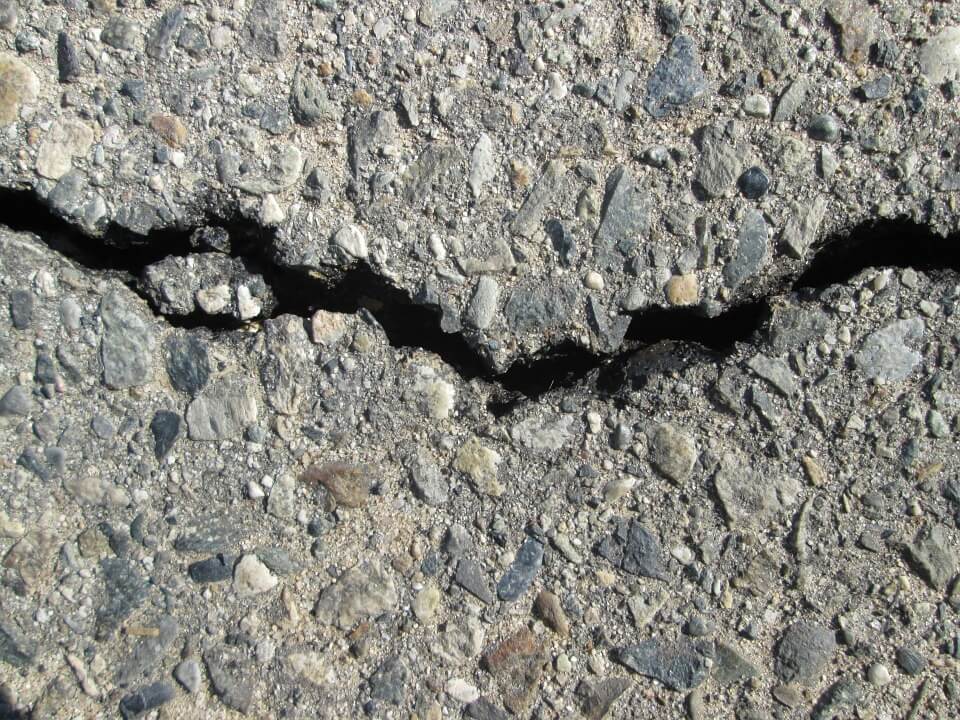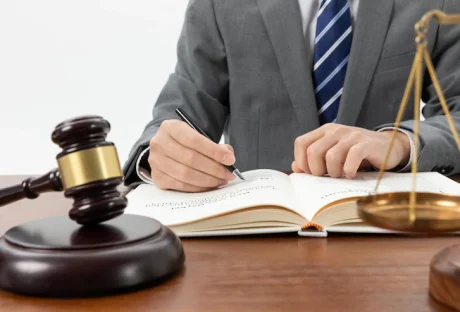After World War II, America became a global leader of commerce and saw an incredible boom in the prosperity of its citizens. This was fueled, in large part, by the building of infrastructure and the rise of the middle class in our country. Over a 50-year period, beginning in the 1950s, the United States invested billions of dollars into its infrastructure by building roads, airports and schools that were innovative and ambitious and that literally paved the way for one of the most impressive stretches of growth experienced by any nation in global history.
This small bit of U.S. history is vital to understanding a major problem we currently face. The ambitious undertaking of building America’s infrastructure has slowly become a serious economic challenge. There is a seemingly endless stream of news reports and columns devoted to the daunting task of fixing all parts of our infrastructure, including our roads, bridges, airports, oil lines, water lines and waterways. But we don’t have to look to newspapers or scholarly essays about the challenges posed by our aging infrastructure. We experience it on a daily basis, from the potholes that cause tire blowouts to the corroded service lines that have unleashed dangerously high levels of lead and caused upheaval in a number of communities across our nation.
There has been much effort devoted to examining the challenges, the costs and the need for fixing our infrastructure. Let’s break down just a few of the categories to get a better perspective on what we need and why we need it.
Roads –
Our roadway infrastructure, which includes highways, interstates and local roads, received a “D” grade from the American Society of Civil Engineers. Fixing our infrastructure will be costly, and the fact that federal funding accounts for only a small percentage of road funding is a reflection of the fact that our crumbling roads impact us at a very local and personal level.
The costs come in the form of stretches of roads plagued with structural deficiencies that cause our vehicles to break down and roads whose initial design, while once adequate, now fails to keep pace with the traffic they currently need to accommodate. For example, think of the long list of cities that experience incredible congestion on a daily basis or the potholes which are left unattended on our neighborhood roads.
Read also: Experts Recommend: Top Interior Design Trends for 2017
Bridges –
The ASCE actually gives our bridges a “C+” grade, which – believe it or not – is one of the three highest grades given to 16 categories graded by the organization. Even though it is graded slightly higher than other sectors of our infrastructure, it is still in dire need of repair.
The cost to drivers also comes in the form of breaks in surfaces and inability to accommodate traffic flow, but perhaps more alarming is the possibility of collapse. Another important statistic before we move on to the next category: One out of every 10 bridges in the United States is structurally deficient.
Pipelines –
While our roads and our bridges are often several decades old, many of the pipes used in the United States are even older. It is not uncommon for certain systems to have been built over a century ago, long before we knew just how dangerous the materials used would become for future generations.
Two examples highlight our challenges in this particular area. First is the lead contamination of our drinking water that has caused lead poisoning of communities across the country. The ASCE’s latest report card gives our drinking water infrastructure a “D” grade. The costs, they say, could be up to $1 trillion over the coming decades.
The second example is frequent gas line explosions, one of which occurs, on average, every other day in the United States, as reported by USA Today. Our energy infrastructure gets a “D+” grade from the ASCE.
Airports –
Just like many other structures in the country, our airports are struggling to meet the demands of more passengers and higher volumes of traffic. The average airport in the United States is around 40 years old, and our country is struggling to fund the maintenance of these facilities, even as other countries are making available significant investments to improve their airports.
The ASCE gives our airports a “D” grade and points to the Federal Aviation Administration’s estimated cost of congestion and delays at roughly $22 billion. The investment needed to modernize and fix the infrastructure of our airports is even greater, over $75 billion, according to the Airports Council International-North America.
Schools –
One of our biggest challenges is fixing the infrastructure which accommodates our young people. The majority of our schools were built for the baby boomer generation, according to the ASCE, who gives our school infrastructure a “D” grade. It will cost around $270 billion to modernize and maintain these facilities.
The aging school buildings present a number of threats for children and teachers alike. Old water lines carry contaminated water into several school systems across the United States, and structural deficiencies also make these buildings hazardous to students. Yet another danger is the presence of asbestos in school buildings. Any school building constructed prior to 1980 is likely to have asbestos. Once asbestos deteriorates or becomes airborne, it can cause serious complications to those who are exposed to it, including lung cancer or mesothelioma.
Meeting Our Challenges
The costs of fixing our infrastructure are great, but the costs currently being suffered by Americans are already taking a significant toll. We are paying for the challenges we face in ways that go way beyond tax dollars and construction projects. Unfortunately, we are paying the price through injuries, illnesses, and fatalities.
The same country that built these incredible stretches of roads, bridges, and pipelines is also capable of repairing them, despite the large price tag that comes with such a task. When we consider what we need to do to move forward in this country, let’s not forget about the actual roads that lay in front of us. Ignoring this responsibility will not just place a burden on future generations — it is a burden we are already carrying.
The Law Offices of John R. Colvin focus primarily in the areas of Personal Injury, Wrongful Death, Workers’ Compensation, and Social Security Disability. They represent clients in the Tennessee Valley region, including Tennessee and Alabama.





















